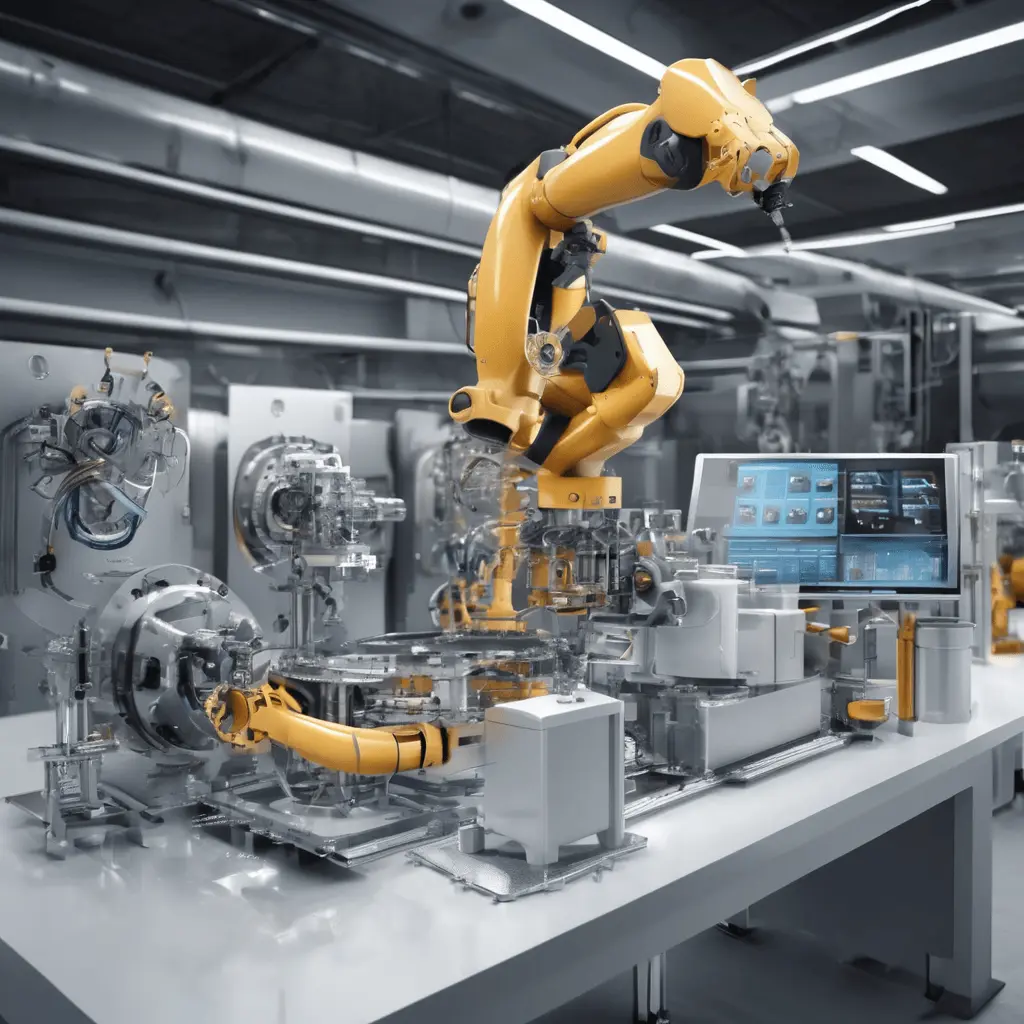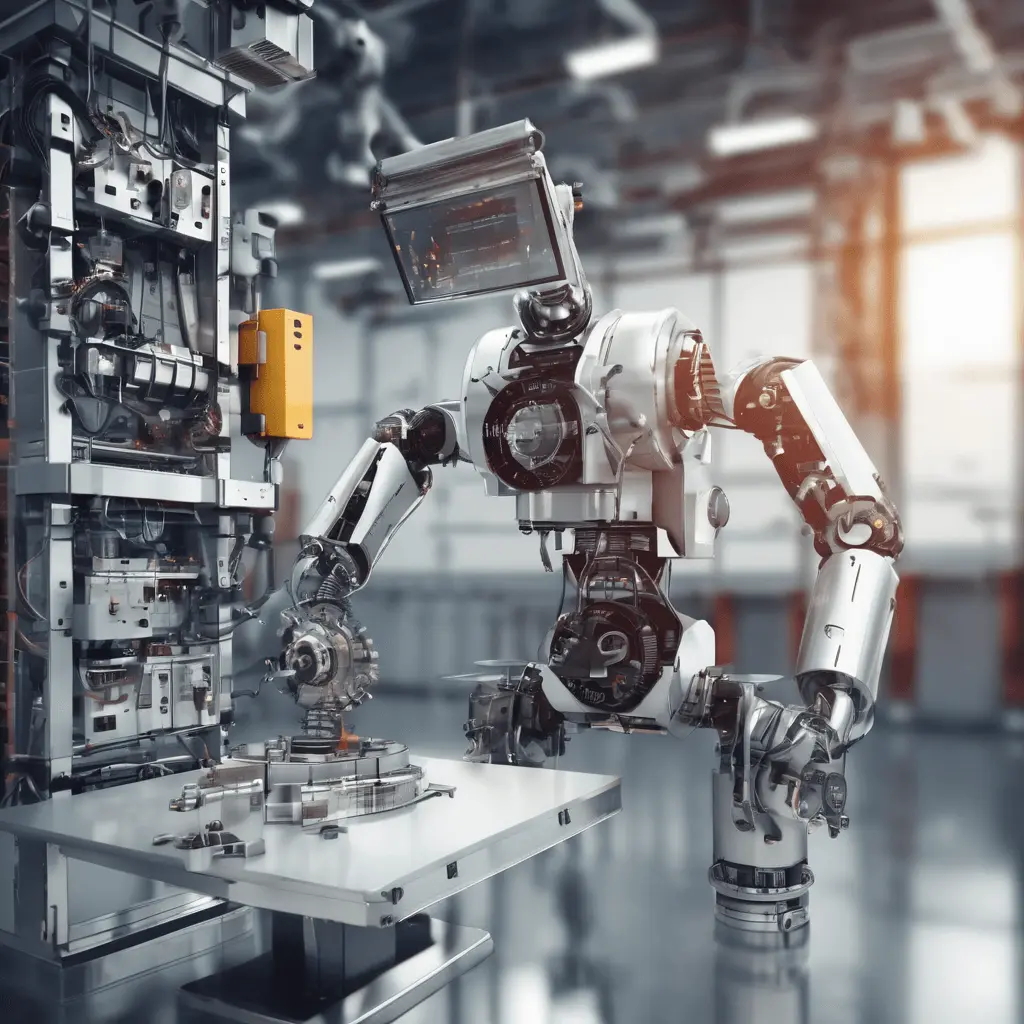Technology has become one of the greatest ideas today because it enhances the automation of activities. Hence, business organizations can enhance implementation methods and gain efficiency by using current technology and applications software. Here on this blog, we shall discuss on the different aspects of mechanization in the world of work and the resultant changes that are occurring across the economy.
The Rise of Automation
Automation, or robotic process automation (RPA), has recently become increasingly popular in numerous fields and businesses. This technology application helps companies gain agility in a wired environment and fixed costs that hinder the achievement of strategic objectives. Besides, with the world wishing to be more efficient and minimize cost, business organizations adopt mechanization in dealing with tasks that children used to handle. Thus, the picture of industries is changing rapidly due to the gradual introduction of automation technologies. This has brought efficiency and sustainably in production and the management of finances in the manufacturing and finance industries. Therefore, organizations are disaggregating conventional business activities, making the process the official start of a new age of automatization.
Benefits of Automation
A major advantage of automation is that throughput and accuracy can improve at the same time. The application of this technology can reduce time spent on simple activities would allow the employees to engage in other important activities in the business. Besides it increases productivity which in turn translates to reductions in costs and increase in organizational performance. As a result, automation can also scale business and allow them to respond to changes in the market circumstances at a much faster pace as well.
In addition

n to these advantages, mechanization improves the quality of the overall work done and increases customer satisfaction. Also with improved process flow and less errors it becomes easier for business to provide products and services that meet the required standards. Thus, companies will achieve large benefits and competitive advantages in the market as the automation process develops.
Automation in Industries
Manufacturing: Automations’ manufacturing segment has been in the frontline for a long time in the automation revolution. As a result, mechanical arms installed in line arcs and automatic stock control systems have become widespread, later changing the processes of assembling. Consequently, manoeuvres have been observed amongst the manufacturing enterprises to gain more enhanced operations and shorter lead times.
Finance: In the finance sector, organizations apply technological solutions for the natural tasks automation, meeting the legal requirements more effectively, and coming up to the customers’ needs. Therefore, with the help of automated algorithms and machine learning processes financial institutions are capable to deciding quicker and more accurately.
Healthcare: Since automation entered healthcare, the patient care has started to change in a revolutionary manner. As we know, this has lead to increased patient satisfaction, decreased medical errors, and the general quality of healthcare to some unprecedented level.
Retail: Technological advancement continues to help retail firms transform supply chain management of products and delivering customer satisfaction. These new self-check-out machines and sophisticated inventory control programs allow retailers to be as demanded by the fast growing market. For this reason, they are remaining relevant through SalesWave by adopting new technology and improving on their operations.
Challenges of Automation
The advantages of automation include the ability to work at greater speed, with potentially lower overheads. Nevertheless, it is possible to solve it, and it is not without its difficulties either. Another issue, that can be seen attending is the effect on the workforce; robotisation might result into jobless displacement, or cause workers to learn other tasks. Also, the business needs to pay attention to ethical issues. These are for example data protection, data security and the penchant for bias in decision making through the use of artificial intelligence. Therefore, it is crucial for policymakers as well as organisations to come up with statergy. That is why the following strategies may be helpful to minimize these challenges and apply automation properly. Thus, long-term approaches at real-life problems should achieve the positive aspects of automation and reduction or elimination of the adverse impact upon society.

Future Trends in Automation
Looking into the future, the idea of electrification demonstrates that it has no boundaries and will transform industries while also changing the very ways work is done. Furthermore, after some years the progress attained in artificial intelligence and machine learning and the Internet of Things introduces a new age of automation. Thisperiod defines efficacy and creativity all in one. As a result organizations stand on the brink of change. Adoption of these technologies can place them in vanguard of their professions as intended. In addition, this transformation concerns individual industries as well as the entire spectrum of economy. .
Conclusion
Automation is deep and lasting with industries and changes the ways in which businesses function and deliver value to customers. Fostering automation technologies and utilizing the opportunities that such technologies provide an organization can achieve competitive advantage, enhance productivity and stimulate innovation.
Looking to the future, the sky is the limit on automation and its application in the world of industries and work settings. Also, the future in artificial intelligence, machine learning, and the Internet of Things give way to a new generation of automation. This period defines increased productivity and creativity in industries and business organizations. Ultimately, industries stand right at the brink of radical change. They can use these technologies to transform themselves into leaders in those areas.














